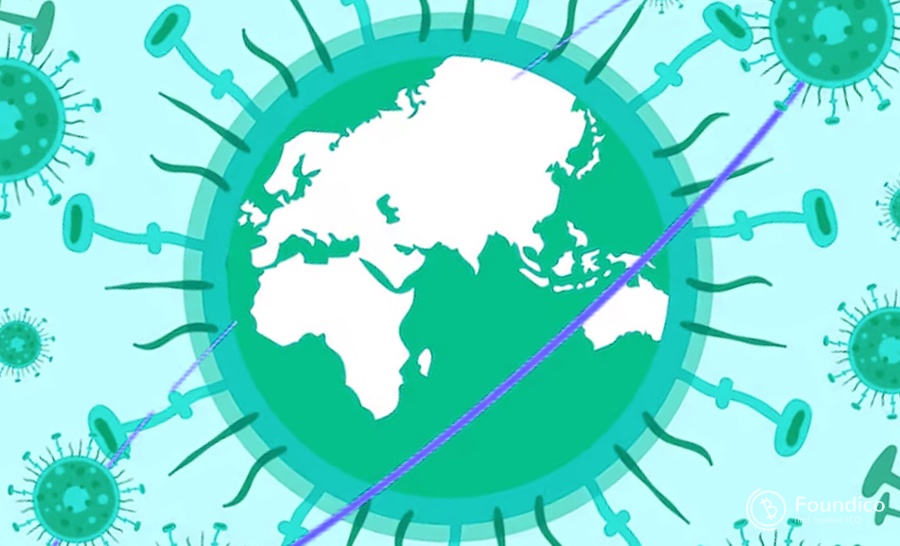COVID-19: Its Impact on Developing Nations

The COVID-19 pandemic has wreaked havoc on developing nations, escalating pre-existing problems and introducing brand-new barriers to economic growth and development. According to reports, developing nations may be responsible for up to 86 percent of the extra deaths brought on by COVID-19, highlighting the pandemic's disproportionate impact on vulnerable populations. Since their economies are so heavily dependent on the export of raw materials, tourism, remittances, and capital inflows, developing nations are especially susceptible to the pandemic's economic shockwaves. The global shock to these industries has hampered the ability of developing nations to pay their debts off in a timely manner, putting additional strain on their balance of payments.
A few of the major issues that developing nations deal with are their constrained financial resources and high debt levels, their underdeveloped healthcare systems and low immunization rates, their lack of access to digital technologies and infrastructure, as well as their high rates of poverty and informality. Due to these difficulties, millions of households and workers have experienced food insecurity, income losses, and other socioeconomic risks.
Long-term effects of the pandemic on developing economies are also worrisome because they include decreased growth prospects and productivity levels, increased inequality and social unrest, and increased risks from environmental deterioration and climate change. Greater poverty, unemployment, and exclusion may result in greater inequality and social unrest, while decreased investment, human capital accumulation, and innovation are likely to lead to lower growth prospects and productivity levels. The pandemic's economic effects have also made it more difficult to raise the funds needed to meet the Sustainable Development Goals (SDGs) by 2030, endangering efforts to eradicate poverty, lessen inequality, and combat climate change.
Developing nations need specialized assistance from the international community to address these issues, including debt relief, increased development aid, and better access to infrastructure, digital technologies, and vaccines. To ensure that vulnerable populations are not left behind, policymakers must also prioritize investments in health and social protection systems, foster inclusive and sustainable economic growth, and strengthen social safety nets. In conclusion, the COVID-19 pandemic has brought to light the urgent need for international cooperation and solidarity in resolving world crises and fostering inclusive and sustainable economic growth. To reduce the economic and social effects of the pandemic and achieve long-term sustainable development goals, developing countries must overcome specific challenges and receive targeted assistance.
The following are a few of the developing nations most impacted by COVID-19.
- Brazil, which has reported more than 32 million cases and 672,000 fatalities, the second-highest official death toll worldwide.
- Peru, which has the highest death rate per capital in the world with over 215 million cases and 200,000 deaths.
- India, which has recorded over 38 million cases and 460,000 deaths, the third highest official death toll in the world.
- South Africa, which has reported the highest numbers in Africa with over 3 million cases and 87,000 fatalities confirmed.
These nations have struggled with a number of issues including a lack of testing facilities, shoddy healthcare systems, high rates of poverty, political unrest, and social unrest brought on by COVID-19.
Author: Pooyan Ghamari, Swiss Economist and Visionary in Global Markets and Finances
